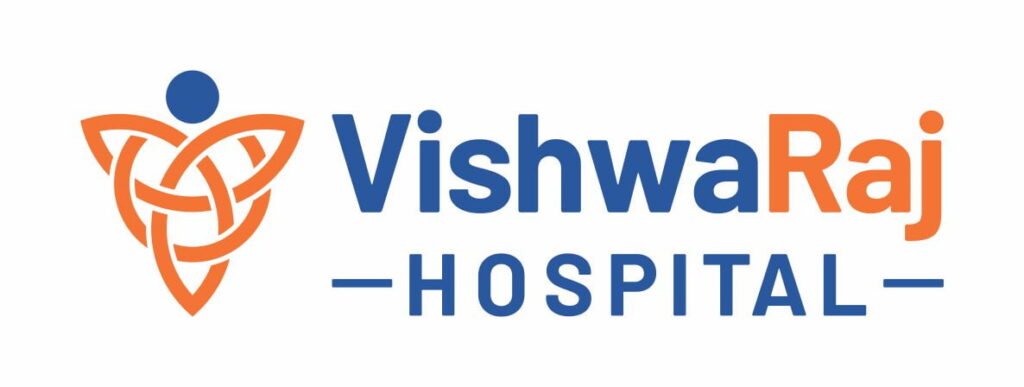Can adults have congenital Heart Disease?
- Written by: Department of Cardiology and Cardiothoracic Surgery
- Published: January 12, 2021
- 4 min Read


Congenital heart diseases (CHDs) are the defects or the issues of the heart that you are born with. It does not develop at a later stage in life. In some cases, heart defects are diagnosed and treated in childhood. However, sometimes, these go undetected and can emerge later into adulthood. Adults can indeed have congenital heart disease.
Irrespective of the timing of your diagnosis, CHD patients need monitoring for life. It means that you have to keep on visiting doctors, follow the rules, and check your heart condition. You can still have other existing heart ailments like stroke, heart attack, etc.
Different types of congenital heart disease
There are numerous types of congenital heart disease. But, you can observe some of them here.
- Eisenmenger syndrome
- Atrial septal defect (ASD)
- Wolff-Parkinson-White (WPW) syndrome
- Tricuspid atresia
- Long QT syndrome
- Atrioventricular canal defect
- Patent foramen ovale
- Ebstein anomaly
- Pulmonary atresia
- Ventricular septal defect (VSD)
Causes of congenital heart disease
Unfortunately, there is not much information about the cause of these heart defects. However, there are some types that are genetic in nature. Some are also due to transference from mother to child during pregnancy. More research in understanding the cause can also help to know more about CHD.
Symptoms of congenital heart disease
There are some symptoms that can alert you to congenital heart disease. These include –
- Quick exhaustion upon working
- Difficulty in breathing
- Arrhythmias (irregular heart rhythms)
- Edema (swelling of body parts or tissue)
- Heart murmurs
- Cyanosis (bluish hue in the lips, skin, and nails)
Some congenital heart disease exhibits few to no symptoms. It is why diagnosing it is so difficult. Most people fail to recognize that they have an issue. Most of the time, test results for another disease lead to the diagnosis of CHD.
Treatment of congenital heart disease
There are various types of treatment for CHD. In some cases, the defect is treated successfully in childhood. However, they do need follow-up care. Then, there are people who have the diagnosis of ADH in adulthood and require treatment.
- Medications
If you have mild CHD, then the doctor can recommend some medicines. These will assist in keeping your heart healthy. Healthcare professionals also prescribe medications to deal with arrhythmia or blood clots.
- Heart transplant
This heart surgery is only done in extreme cases of congenital heart disease. But, if nothing seems to repair the defect, doctors suggest a heart transplant as a viable option. Before this, specialists try medications and other preventive measures.
- Heart devices
In some cases, doctors can suggest the implantation of heart devices like pacemakers or ICD. These also aid in removing the complications that can make congenital heart disease life-threatening.
- Follow-up care
Even though your CHD was successfully treated, follow-up care is vital. These include visiting the doctor regularly, doing blood tests, and other exams to check for complications.
The possibility of adults having congenital heart disease is not absurd. Chances are, it was not detected in infancy or childhood. However, you must take appropriate preventive care if you are diagnosed. It is vital that you implement changes in lifestyle and follow the suggestions of the specialist.
Related Read
Heart Failure: Types, Symptoms, Causes & Treatment
HEART FAILURE TYPES SYMPTOMS CAUSES TREATMENT Heart failure is a



